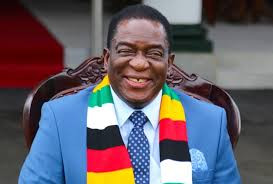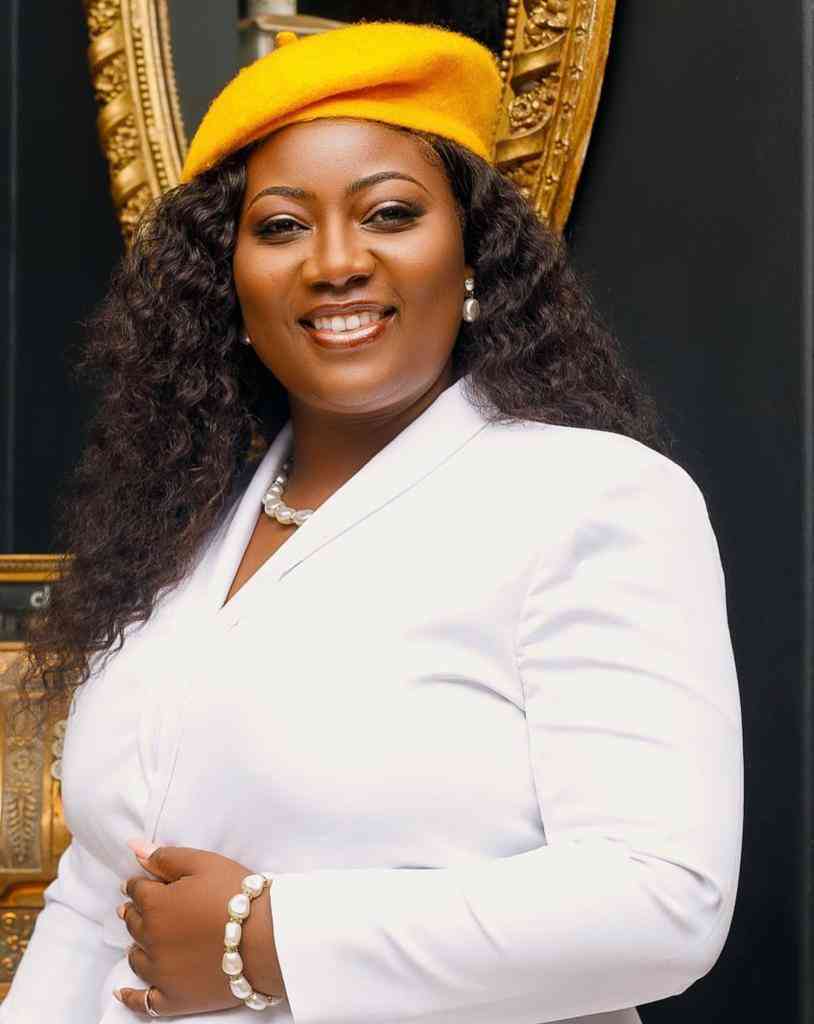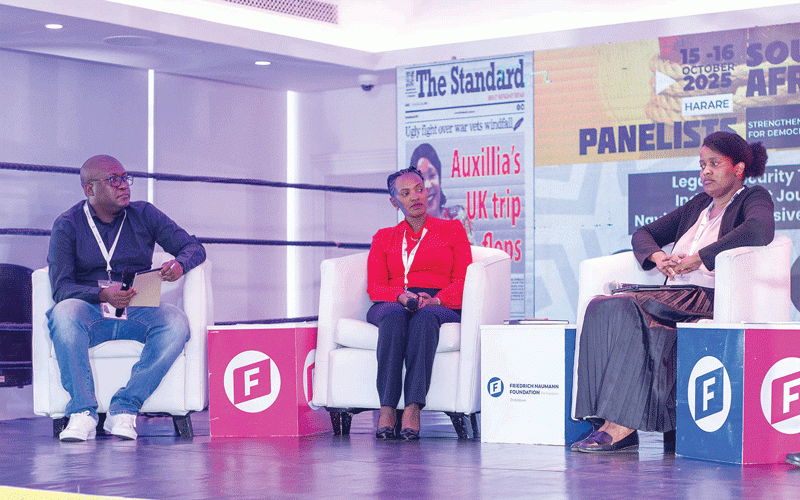
ZANU PF opens its 128th Annual People’s Conference in Mutare today under a cloud of deepening internal divisions, as the party grapples with growing resistance to a controversial push to extend President Emmerson Mnangagwa’s rule to 2030.
The ruling party enters this crucial gathering, described by observers as one of its most fractious and uncertain since the 2017 coup that ended Robert Mugabe’s 37-year rule, torn between loyalty, ambition and constitutional limits.
Mnangagwa, who rose “like a phoenix” after the 2017 military-assisted transition with the backing of then army general and now Vice-President Constantino Chiwenga, faces renewed turmoil within his own ranks.
His supporters are pushing for a constitutional amendment that would allow him to remain in power beyond 2028, when his second and final term ends.
In an unprecedented move, a faction of the Zimbabwe National Liberation War Veterans Association (ZNLWVA) led by Andreas Ethan Mathibela has publicly rejected the “ED2030” campaign, exposing widening cracks within the liberation movement’s traditional base.
“As war veterans, we will not support any amendment to the Constitution aimed at extending the President’s stay in office,” Mathibela told Zimbabwe Independent.
“The Constitution of Zimbabwe is unequivocal — a president can only serve a maximum of two terms. This provision was put in place to safeguard democratic principles and to prevent the abuse of power.
“For the sake of constitutionalism and accountability, it is time for leadership renewal in accordance with the law.”
- NoViolet Bulawayo’s new novel is an instant Zimbabwean classic
- Jah Prayzah, Zanu PF rekindles ‘lost love’
- Bank workers appeal to Ncube for tax relief
- Indosakusa marks 21-year anniversary milestone
Keep Reading
Mathibela accused the current administration of failing to meet public expectations and allowing governance to be “increasingly characterised by poor performance and the influence of individuals who have offered little value to ordinary citizens”.
However, not all war veterans share this stance. Cephas Ncube, who leads another faction, declined to comment directly, warning against “fuelling anarchy”.
“I do not respond to such issues which fuel anarchy in the country,” Ncube said.
“Some of us lost our time to liberate this country and you want to create anarchy with stories destroying our efforts. Be patriotic to your country.”
Despite growing dissent, Mnangagwa’s loyalists remain defiant. Zanu PF Matabeleland North chairperson Richard Moyo said the push for what is known as “Resolution 1”, endorsing the President’s continued leadership, remains on the agenda.
“Yes, we are still going ahead with Resolution 1, and what is important is that it is not me, but the people who are seeing the work that our President ED Mnangagwa has done and changed our country for the better. Look at the programmes that were implemented under his leadership road infrastructure and renovations at airports,” he said.
He added: “From the grassroots, people are happy and are calling for a two-year term extension.
“As Matabeleland North, we are ready for the conference and all our delegates have been accredited and our contributions that were required have been also been made.
“The succession issues will be discussed at congress in 2027, but for now, we are under our President’s leadership and the people are asking him to continue till 2030 because of the good work he is doing”.
Other provincial chairpersons refused to comment on the matter.
Zanu PF director of information Farai Marapira reiterated that succession will only be discussed at the 2027 elective congress, not at the ongoing conference.
“Well, to educate the generality of Zimbabweans, succession is dealt with at Congress. We are not going to Congress. We have Congress in 2027,” he said.
“We are going to a conference. And the issue of succession is not an issue within Zanu PF.”
Marapira dismissed talk of succession as an “imported conversation”, adding: “Resolution 1 speaks to the perpetuation of the current, and no one can perpetuate the current and talk of succession at the same time.
“They are known not to be within the structures of Zanu PF. So, as Zanu PF, we will not allow a conversation to be imported into the party.
“We are going to the conference to continue with checking up on the mandate which we received from the people in 2023.”
The Mutare conference takes place amid reports of rising tension between Mnangagwa and his deputy, Chiwenga. Insiders say the Vice-President recently presented a dossier to the politburo implicating several businessmen aligned to Mnangagwa in corruption, further inflaming the factional power struggle.
Last month, Mnangagwa reshuffled the party’s politburo, replacing long-serving secretary-general Obert Mpofu with ally Jacob Mudenda, in what analysts interpreted as a move to weaken Chiwenga’s influence.
Political analyst Eldred Masunungure said Mnangagwa has “outmanoeuvred his alleged nemesis” using the full weight of incumbency.
“And Mnangagwa has deployed all the tools at his disposal and weoponised them with ruthless efficiency,” he said.
“He has masterfully exploited the power of incumbency to amass all the cards and these include patronage, the power of propaganda, co-optation and material inducements, among others.
“His camp is well-endowed, in addition to being embedded in the strategic structures of the party and the state and to some extent, the security sector too.
“Like his American counterpart, he has horned the skills of transactional politics, which have served him well, so far.”
Another analyst, Rueben Mbofana, said the pro-2030 faction’s momentum has slowed as some supporters “sense the tide has turned”.
“Some have quietly switched sides, while others are choosing to keep their distance from this political tug-of-war to protect their own interests,” he said.
“However, there remains a small group that feels cornered, those who believe their fate is sealed should power shift. This faction, reportedly backed by Zvigananda, is desperate and views Mnangagwa’s continued rule as their only lifeline.
“They fear a Chiwenga-led administration, convinced that they would not be spared or forgiven under his leadership. For them, rallying behind Mnangagwa is purely a matter of survival.”
Lawyer and commentator Masimba Mavaza warned that Zanu PF’s internal wrangles risk overshadowing the country’s worsening economic crisis.
“Zimbabwe faces significant economic issues affecting ordinary citizens, and internal Zanu PF conflicts might be seen by some as overshadowing these pressing problems,” he said.
Mnangagwa has repeatedly declared himself a “constitutionalist” who will abide by the two-term limit.
“The Constitution is made by men and can be unmade by men,” Masunungure said.
“But whatever happens after this conference will define not only the party’s future — but the country’s political trajectory for years to come.”











